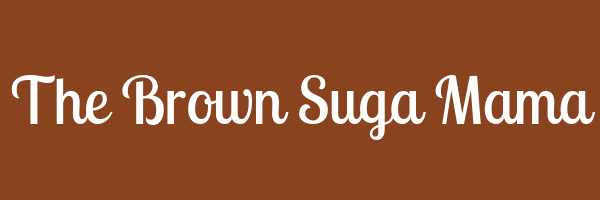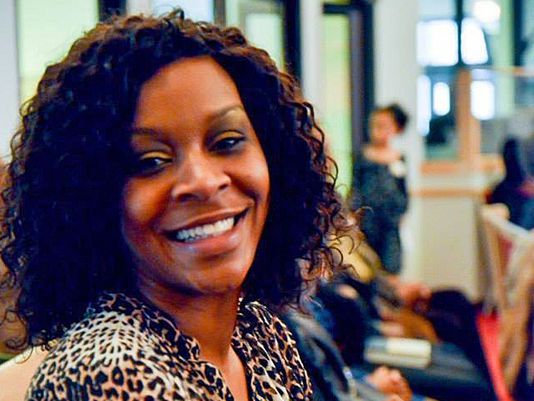What Do I Tell My Daughter About #SandraBland?
To my Little Magician: We'll read this together when you're old enough to understand.
Motherhood has been an incredible adventure, but I have always been haunted by the guilt of bringing you into this world - a world that has not been very kind to little Black girls who grow into Black women. Whenever I face some injustice simply for being Black and/or woman, and whenever I learn of someone else suffering solely because they possess one or both of those traits, I take your cherubic brown face in my hands and apologize. I don't know what else to say, sometimes.
A few weeks after your first birthday, the world learned about a woman named Sandra Bland. A young Black woman with a university education behind her and a brand new job in front of her, her life was cut short after being arrested for a simple traffic violation. Police said she assaulted the arresting officer. They said she died by hanging herself in her jail cell three days later. I have a hard time believing either of these points, but the one thing I am sure of is that Sandra Bland became a target because she was a Black woman who knew her rights, owned her voice, and didn't cower in the face of egregious authority.
I read about Sandra Bland's memorial service, where her mother Geneva Reed-Veal said:
Once I put this baby in the ground, I'm ready...this means war.
Reading that quote lit a fire under me. A mother left to bury her daughter is ready to go to war in order to get truth and justice. I'm a mother who's ready to go to war for you in the here and now, fighting the complex battle of preparing you for this world while trying to change it at the same time. You'll come into your Blackness, your girlhood, and your womanhood on your own - but my promise as your mother is that you'll never be alone.
What do I tell you, my baby, about the world and how to navigate it? How do I balance my efforts to encourage you to use your voice while simultaneously transforming forces that seek to punish you for that act? What will I say to you when you tell me that someone called you "angry" or "mouthy" or "arrogant" because you said "I won't accept that" or "I earned this" or "I feel good about myself today"? How will I shape the discussion around police behaviours and how to be safe without making you feel afraid to exist? How do I replenish your belief in the right to occupy the world in the way you choose when someone makes you feel that you're on borrowed time and in borrowed space? What will the conversation look like when we talk about Black womanhood and respectability and racism and sexism and why people want you to know your place when you should have the freedom to create your place? What do I tell you, my baby?
I asked these questions after being moved to tears by a recent live reading of James Oliver, Jr.'s piece "After Eric Garner, What Am I Supposed To Tell My Son?" Oliver's piece was recognized at the BlogHer 2015 Conference for its impact, and only reinforces my thoughts on all of this. As evidenced by Oliver, Sandra Bland, and numerous others, there is immeasurable power in the impact that our voices can have when we can leave nothing else behind. So, what am I supposed to tell you, my daughter? I don't know, but Sandra Bland's life, voice, and story will help me to find the words.

